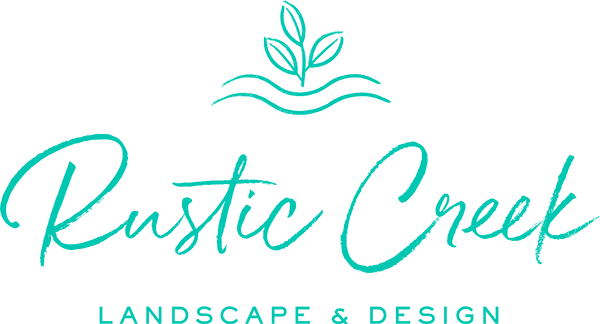You’ve worked hard to create the yard you want, and now, you want to protect it. Unfortunately, wildlife may want to enjoy your yard too…whether you want them to or not. So how can you keep wildlife from damaging your landscape?
The answer will vary slightly depending on where you live and what kind of wildlife you are dealing with. But there are some best practices to follow in order to protect your yard. Here are a few.
Use a physical barrier.
If you have a garden, you’ve likely dealt with birds, rabbits, or other small animals trying to get into your space and steal your delicious produce before you’ve had a chance to harvest it. This can be extremely frustrating. One of the best ways to keep these animals away is with a simple physical barrier. This could include:
- Netting – useful for protecting berries, grapes, and other edible plants
- Fencing – can protect an entire garden area from rabbits or deer. Make sure your fence is tall enough, since some animals can jump surprisingly high. If you deal with burrowing animals, you’ll want your fence to continue beneath the ground as well.
- Raised beds or pots – good for starter plants or for small areas. You can also add chicken wire or an additional barrier around the top, if you’re still concerned about wildlife access.
Choose deterring plants.
Certain plants will deter wildlife because of smells, thorns, or another danger. Consider adding these to your garden in order to send a message to the animals that they aren’t welcome in your space. Strongly scented herbs (like mint, basil, lavender, or rosemary) are often enough to keep critters away. You can also plant smelly vegetables like onions or garlic, which will cover up the good smells of your other plants, making it less likely that animals will invade your garden.
Maintain a clean outdoor space.
Piles of brush or debris can create perfect hiding spots for small animals who want to eat your plants. Additionally, leaving food out in your yard can attract even more wildlife, making the problem worse. If you have pets, make sure to keep their food and treats out of your backyard, as they are usually strongly scented and could end up attracting the wrong animal. If you eat meals outside, be mindful of dropped scraps of food. Simple cleaning and upkeep will help minimize your chances of unwanted visitors.
Try natural repellents.
There are several options available for natural repellents, some of which you may even have in your kitchen already. As mentioned above, garlic is a natural deterrent that will keep many animals away. You can even create a “garlic tea” by boiling water and steeping minced garlic in it. Strain into a spray bottle and spray on and around your plants. You can do something similar with powdered peppers, as animals dislike the spicy smell.
If you are looking for a more extreme deterrent, visit your local sporting goods store for some predator urine. Soak some rags in it and place them in plastic bags or other plastic containers around the perimeter of the area you want to protect. Small animals will recognize the smell and steer clear. Too extreme? Try the same method using ammonia instead of actual urine. You can even try human or dog hair.
Use scare tactics.
There’s a reason scarecrows exist. A scarecrow, fake owl, or fake snake can go a long way in sending a message to animals that your garden is not safe for a visit. Many birds are also wary of flashing lights, so a foiled pinwheel, a strobe light, or another light-producing mechanism could be effective.
Certain types of wildlife are probably welcome in your yard, but once animals start causing damage, you want them gone quickly. Thankfully, there are a few easy things you can try that will keep these unwanted pests away. If you still aren’t sure what tactic may be best for your yard or your area, talk to a local nursery expert or landscape designer about the best options for your needs. Best of luck!

